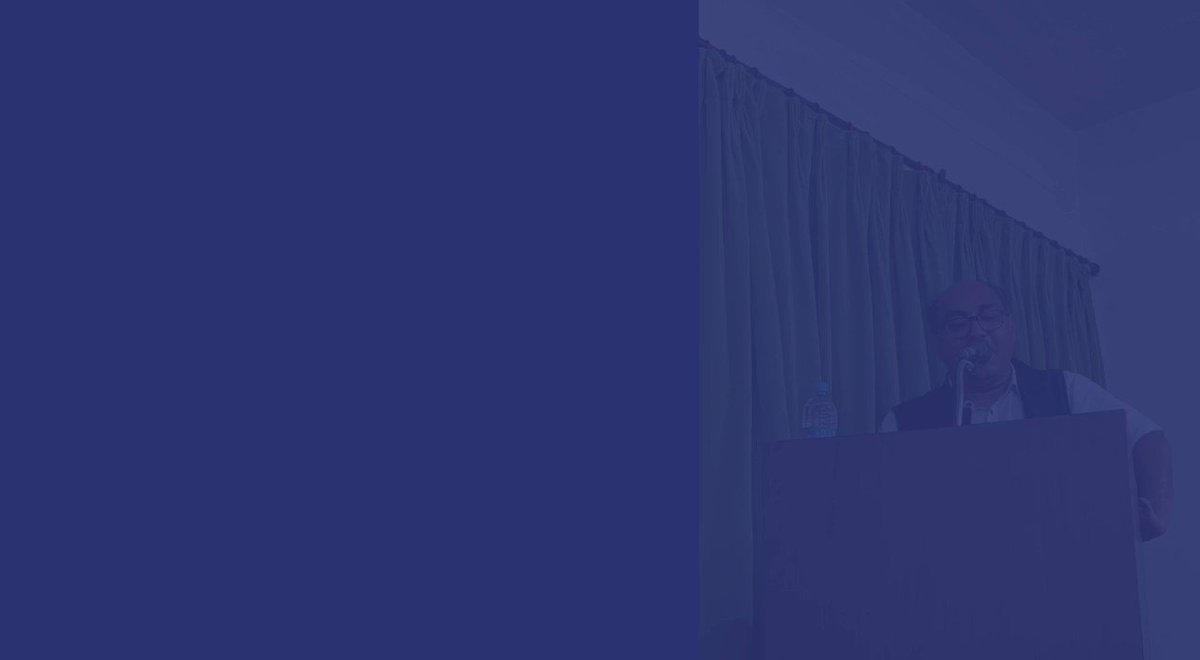Vibha B Madhava
2:13
2:15
2:17
2:18
2:20
2:20
2:21
2:22
2:23
2:26
2:27
2:27
2:31
2:33
2:34
2:35
2:36
2:36
2:37
2:38
2:41
2:42
2:43
2:44
2:48
2:50
2:51
2:51
2:52
2:53
2:53
2:54
2:55
2:56
2:58
2:58
2:59
3:00
3:02
3:05
Connecting…











